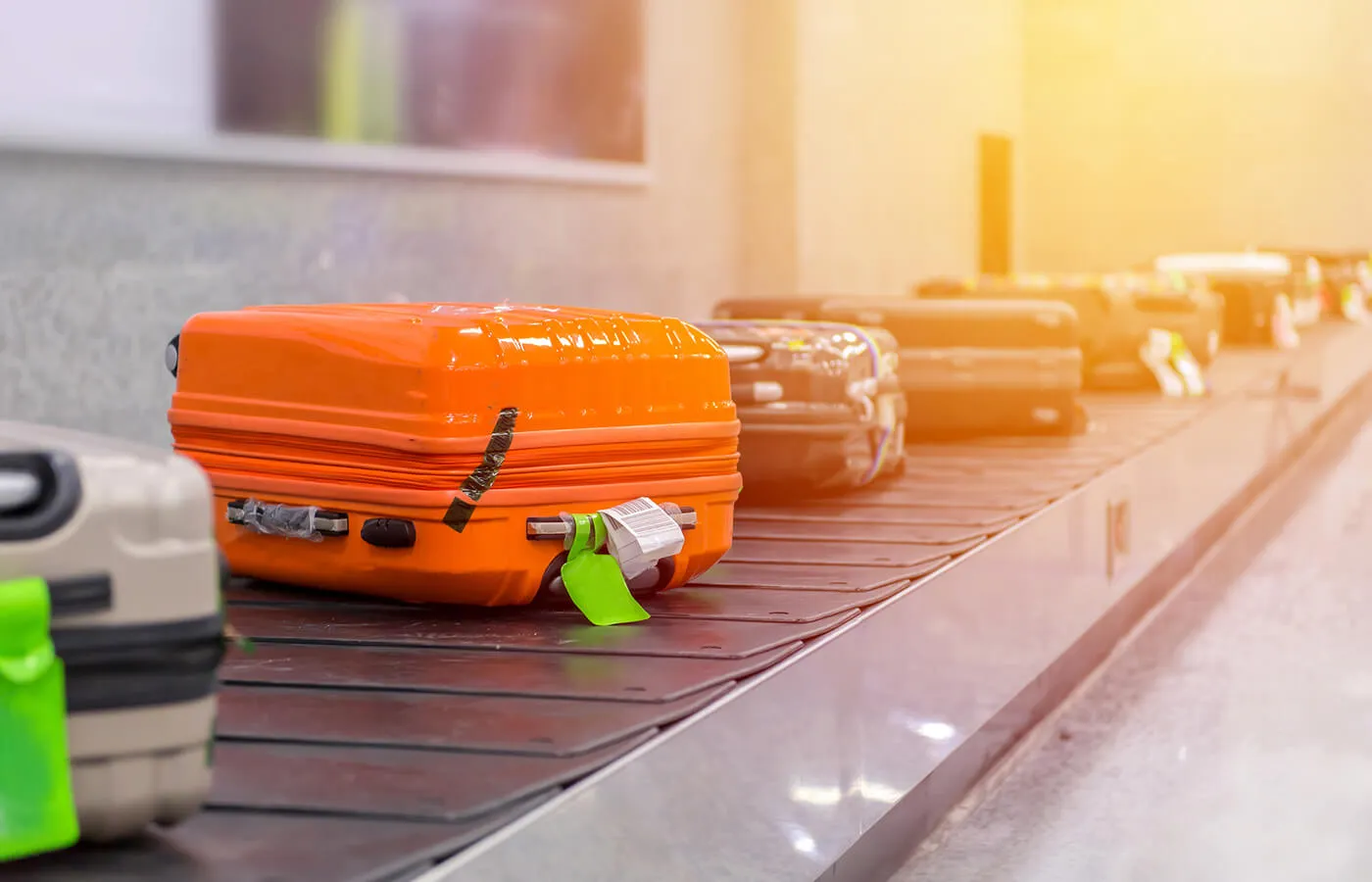Do You Have to Notify Your Credit Card Company When You Travel?
Quick Answer
Most credit card issuers no longer require notification before you go on a trip; however, some card companies still ask you to notify them when you’re traveling internationally.

Planning your itinerary, booking flights and hotels, packing your bags—there's a lot to do before you set off on a trip. Before you travel, should you also notify your credit card issuer of your plans? You might need to notify your credit card issuer before a trip if they don't have fraud detection technology that recognizes when you travel.
Do You Need to Set Travel Alerts on Your Credit Cards?
You generally don't need to set a travel alert on your credit card when traveling within the U.S. Even when traveling internationally, most credit card issuers no longer require setting travel alerts; however, some still do.
Many credit card companies now have advanced fraud detection tools that identify when you're traveling, making travel alerts unnecessary. In addition, if you book a trip with your credit card, either through your card issuer's travel portal or directly with a hotel, airline or other travel supplier, the card issuer will recognize that you have travel scheduled for those dates. When you're traveling, purchases made with the card should go through as normal.
Check the cheat sheet below to see which major credit card issuers require setting international travel alerts and which don't.
| Credit Card Issuer | Is It Recommended to Set a Travel Alert? |
|---|---|
| American Express | No |
| Bank of America | No |
| Barclays | Yes |
| Capital One | No |
| Chase | No |
| Citi | Yes |
| Discover | Yes |
| Regions Bank | No |
| US Bank | Yes |
| Wells Fargo | No |
How to Set a Travel Notice
You can typically notify your credit card company of travel plans by calling the customer service number on the back of your card or by using the credit card issuer's website or mobile app. Although the exact steps may vary a bit from one credit card issuer to another, here's what you'll generally do:
How to Set a Travel Notice Online or in Your Card Issuer's App
- Log in to the credit card issuer's website.
- Select your credit card account.
- Choose "Manage Cards," "Account Services," "Tools" or similar option.
- Choose "Travel Notifications," "My Travel" or similar option.
- Choose "Add Trip" or similar option.
- Input trip details and confirm.
What Happens if Your Credit Card Is Declined When Traveling?
Having your credit card declined while traveling won't hurt your credit, but it could put a damper on your trip. To prevent problems:
- Bring at least two credit cards, ideally from different issuers. This gives you a backup card or two to rely on if one is declined, lost or stolen.
- Download your credit card issuer's mobile app. It can help you track spending, quickly cancel a lost card or contact your card issuer while you're traveling.
- Make sure your credit card company has your current contact information. This ensures they can reach you quickly if they detect potential fraudulent use of your card.
- Save your card issuer's contact information. It's good to have the international customer service contact number (as well as your card number) on hand.
- Check your card's expiration date. You don't want your card to expire in the middle of your trip.
- Check your card's credit limit. Hotels and car rental companies may place a hold on your credit card for the projected amount of your bill, which can eat into your available credit. Make sure you have plenty of available credit before you depart. To prevent having other purchases declined, consider using one card for your hotel and rental car and one for other expenses.
What to Consider When Traveling With a Credit Card
Before hitting the road with a credit card (or two), here are a few things to keep in mind.
- Is the card accepted at your destination? Mastercard and Visa cards are the most widely accepted credit cards outside the U.S. Although they're catching up, Discover and American Express cards are accepted in fewer places globally. Contact your card issuer or visit its website to see if the card is accepted where you're headed.
- Does the card impose foreign transaction fees? Many credit cards charge a foreign transaction fee (generally 2% to 3% of the transaction) when used outside the U.S. Depending on how much you expect to use your card, it may be worth applying for a card with no foreign transaction fee.
- Does the card offer travel insurance? Some credit cards provide travel protections such as rental car insurance, baggage delay insurance, or reimbursement for canceled, delayed or interrupted travel. You generally must pay for travel with the card for the coverage to apply; be sure to read the card's terms.
- Does the card earn travel rewards? Book travel with accrued points or miles on a travel rewards card to save money, or use your rewards to get perks such as hotel room upgrades or access to airport lounges. Check your available rewards before you travel and use the rewards card on your trip to earn miles or points toward your next trip.
The Bottom Line
Check with your credit card issuer before leaving on a trip to see if you need to notify them of your travel plans. Updating your contact information, downloading your card's mobile app and keeping tabs on your credit card spending can help protect your card from fraud and prevent your card being declined.
Considering applying for a travel rewards credit card or a card without foreign transaction fees? Check your credit report and credit score before you apply. Paying down debt and making payments on time can help improve your credit score. You can also get matched with personalized credit card offers that fit your credit profile through Experian.
Don’t apply blindly
Apply for credit cards confidently with personalized offers based on your credit profile. Get started with your FICO® Score for free.
See your offersAbout the author
Karen Axelton is Experian’s in-house senior personal finance writer. She has over 20 years of experience as a journalist and has written or ghostwritten content for a variety of financial services companies.
Read more from Karen

